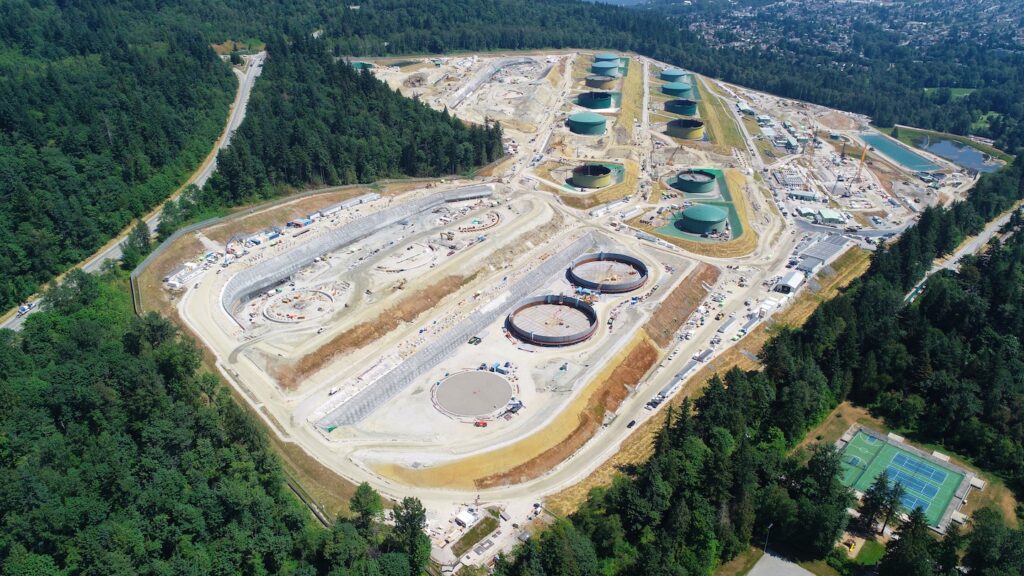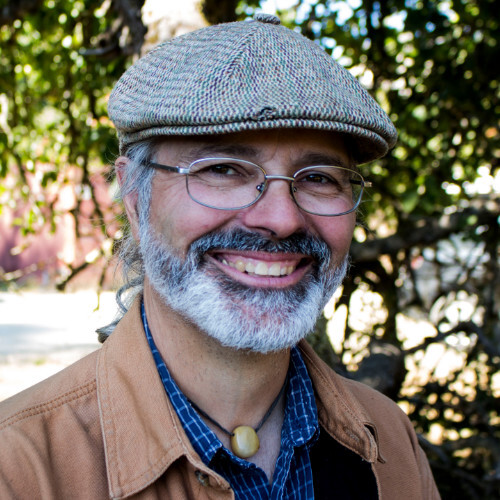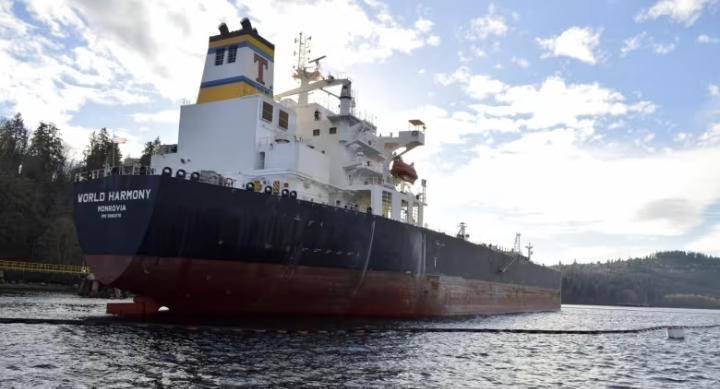Vancouver Island communities along the South Coast are coming together to demand greater protection for their shores and enhanced safety measures against the risks posed by tanker ships. The city councils of both Sooke and Metchosin are campaigning for a tanker ban during stormy weather conditions when spill response teams will be unable to be dispatched. Together they are lobbying George Heyman, the provincial Minister for the Environment and Climate Change Strategy, to approach Transport Canada to adopt the tanker policy.

Originating from the District of Metchosin, the request for the rough seas tanker ban comes as tanker traffic is expected to increase significantly along southern Vancouver Island once the twinning of the controversial Trans Mountain pipeline is completed. The pipeline runs from Edmonton, Alberta to the refinery in Burnaby, BC. This expansion will increase capacity from 300,000 barrels per day to 890,000 barrels per day. The project is estimated to be finished around the end of 2024, about a year behind schedule.

Sooke has historically been vocal about its resistance to tanker traffic. The city held a non-binding referendum in 2014 where approximately 70% of residents voted against the expansion of oil tankers on their coast. Other local governments, including Sc’ianew First Nation, the Capital Regional District, Esquimalt, and Colwood, have also been asked to sign onto the letter to Minister Heyman in support of the tanker ban. The group’s proposal includes a request for additional resources for spill response, including equipment, enhanced community evacuation plans, and shoreline response strategies.
“I don’t like the idea of those tankers coming up and down the coast, but the pipeline is almost done. It’s not going to change things. We are going to get those 400 tankers a year.”
Councillor Al Beddows
The motion was supported by Sooke Councillor Tony St-Pierre, who said it would prevent communities from being overwhelmed in the event of a spill and ensure that they have the needed resources to respond. However, other councillors felt less positive about the potential impact of the proposal and voted against the motion.

“I don’t like the idea of those tankers coming up and down the coast, but the (Trans Mountain) pipeline is almost done. It’s not going to change things. We are going to get those 400 tankers a year,” Councillor Al Beddows said to the Sooke News Mirror. It was also opposed by his fellow Councillor, Dana Lajeunesse, over concerns about the efficacy of anchoring a tanker in a storm.
As part of the Canada Shipping Act, Trans Mountain must have a certified marine response team. The company works with an organization known as Western Canada Marine Response Corporation (WCMRC). WCMRC says it has implemented a $150 million enhanced response management plan in accordance with the requirements for the Trans Mountain pipeline expansion. This includes a fleet of new tugboats that accompany the new South Coast response bases in Port Alberni, Nanaimo, Sidney, Fraser River, Vancouver Harbour, and Beecher Bay, near Sooke.







